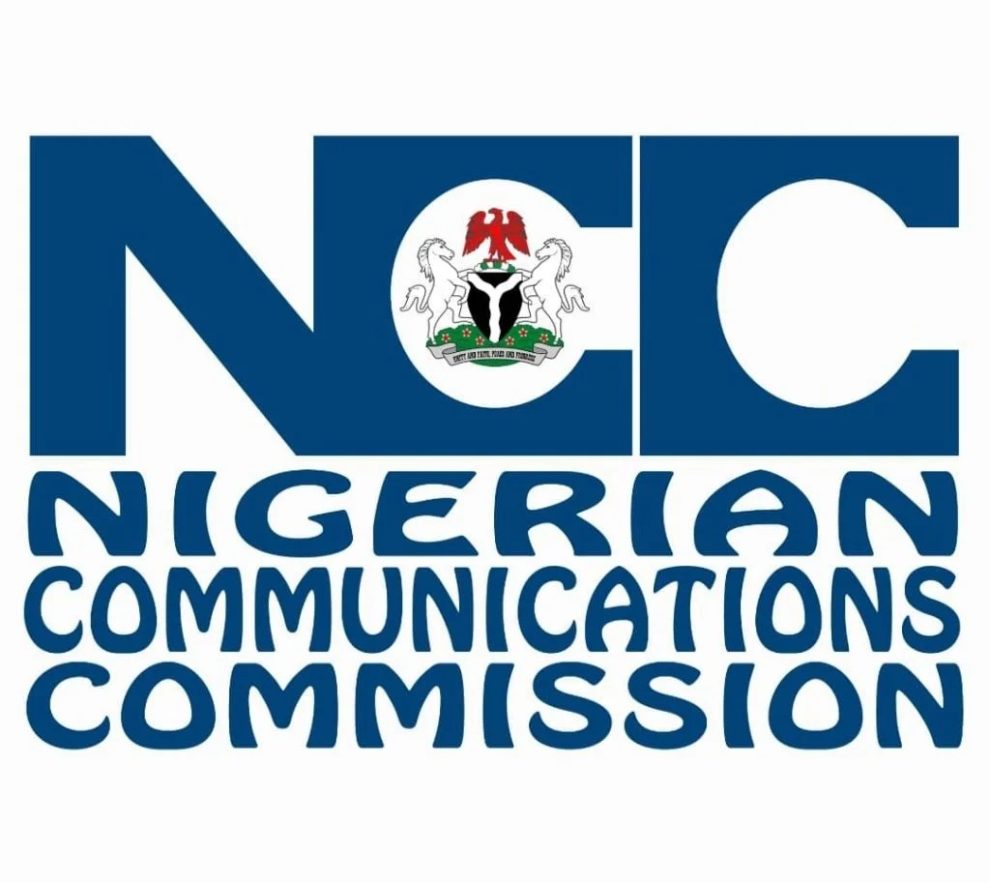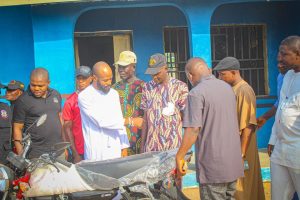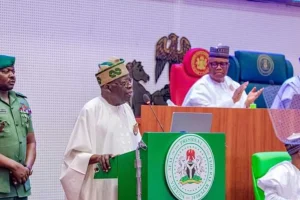Abuja, Nigeria – Community networks are emerging as a vital and “strategic response to digital exclusion” across the Global South, according to Nnenna Ukoha, Acting Head of Public Affairs at the Nigerian Communications Commission.
This assertion was a key focus of a recent workshop in Abuja, bringing together key stakeholders to forge a joint policy framework aimed at tackling Nigeria’s rural digital divide.
The workshop, held on June 11, 2025, featured presentations from prominent organizations including the Nigerian Communications Commission (NCC), the Association for Progressive Communications (APC), the Rural Electrification Agency (REA), and the Central Bank of Nigeria (CBN). Their collective goal was to explore collaborative strategies for expanding digital access to underserved communities.
A significant participant, the Association for Progressive Communications, a 35-year-old international network dedicated to fostering digital inclusion in unserved communities worldwide, particularly in the Global South, highlighted its LocNet initiative.
This program specifically aims to develop an inclusive regulatory framework for community networks within Nigeria, recognizing their potential to empower local communities with self-managed internet infrastructure.
The emphasis on community networks underscores a growing recognition of their role in providing affordable and accessible internet in areas where traditional service providers may not operate due to commercial viability concerns. These locally-owned and managed initiatives offer a sustainable pathway to bridge the digital divide, empowering communities to take control of their digital future.





Add Comment